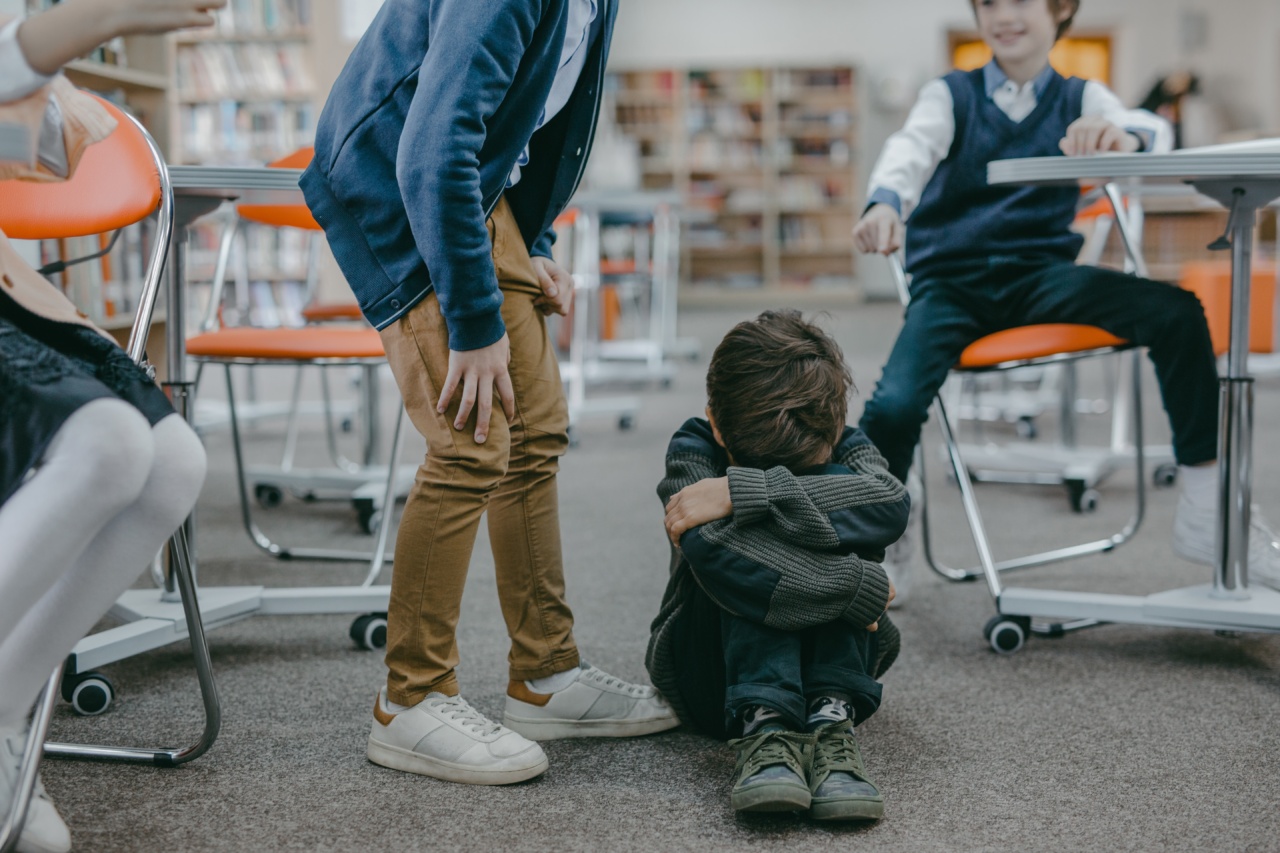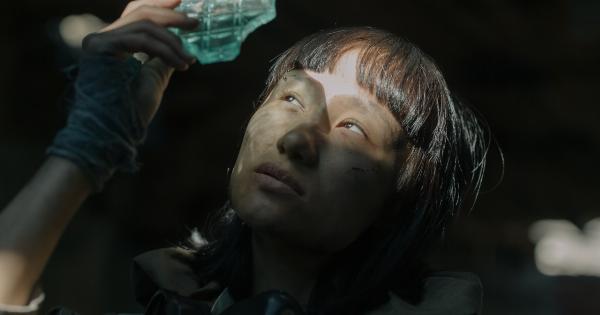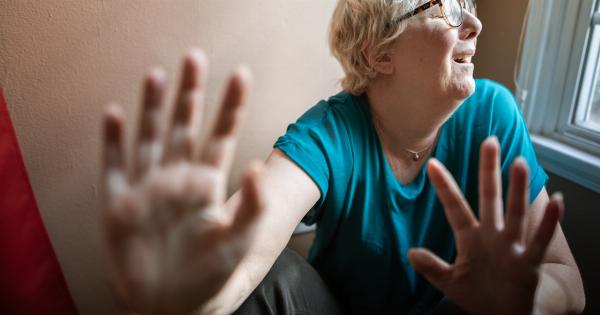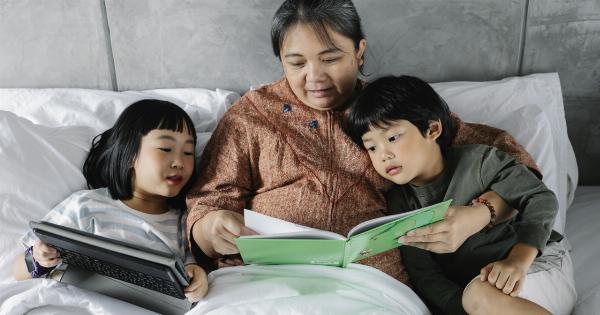Child sexual abuse is a topic that is often avoided and hushed over, mainly because of the discomfort it brings. But the truth is, ignoring the issue of child sexual abuse is far more dangerous than facing the reality of its existence.
Children who fall victim to sexual abuse often carry the scars and trauma with them for the rest of their lives. The effects of sexual abuse go beyond the immediate physical trauma and can have long-term consequences that can damage the mental and emotional stability of the child.
In this article, we will discuss the hidden dangers of child sexual abuse that everyone should be aware of.
The Physical Consequences of Child Sexual Abuse
The physical consequences of sexual abuse in children are sometimes more evident, mainly when physical force is utilized.
Children who have been sexually abused may suffer from physical injuries such as bruises, bleeding or lacerations in their genital areas. Irregularities in bowel movement, bleeding, or infections are also telltale signs of sexual abuse in children.
Unfortunately, some children may not manifest any physical symptoms of abuse, but this does not mean that abuse has not taken place. In other cases, it may take years before physical symptoms emerge, which is why early intervention is crucial.
The Psychological Consequences of Child Sexual Abuse
The psychological damage inflicted on children who have suffered sexual abuse is often more severe and long-lasting than the physical injuries.
The so-called hidden injuries of sexual abuse can comprise an array of psychological challenges that a child may find difficult to cope with.
Victims of sexual abuse in childhood may struggle with depression and anxiety. They can develop suicidal thoughts, insomnia, and other forms of mental illness, which can be challenging and exhausting.
Moreover, children who have been abused may feel a sense of shame and guilt, which can lead to self-harm behaviour and self-isolation.
Other psychological symptoms may include the inability to form healthy relationships, trust issues or more extreme reactions such as developing a personality disorder.
Evidently, the psychological effects of sexual abuse in children can be long-lasting.
The Social Consequences of Child Sexual Abuse
Child sexual abuse can also have social consequences, usually, when the perpetrator is a family member or an adult known to the child.
Sexual abuse in childhood can damage social relationships, making it difficult for the victim to form trust in others.
This inability to trust can translate into unhealthy relationships, leading to a sense of loneliness and isolation.
It is common for victims of sexual abuse to withdraw from social activities and the broader community, all of which can have a significant impact on their emotional and mental well-being.
Furthermore, victims of sexual abuse in childhood may struggle with their sexuality, sexual preferences and sexual identity. It can lead to sexual dysfunction, making it difficult or impossible to form healthy sexual relationships later on in life.
This struggle with sexuality and social relationships can be exceedingly challenging for the victim and can have long-term effects on their well-being and quality of life.
How to Prevent Child Sexual Abuse
Preventing child sexual abuse is everyone’s responsibility. There are ways you can protect your children, and intervene if you suspect that they are being sexually abused. Here are some things you can do:.
Communicate with your children
It is essential to communicate with your children and teach them what sexual abuse is, and how they can protect themselves from it. Encourage them to be open with you and to talk to you about anything that worries them or makes them feel uncomfortable.
Trust your instincts
If you suspect that your child is being abused, trust your instincts and act on your concerns. Talk to your child and contact the appropriate authorities to report the suspected abuse.
Teach your children about personal boundaries
Teach your children to respect personal boundaries and encourage them to speak up when someone tries to cross those boundaries.
Take the time to explain to them what is acceptable behaviour and what is not, and what they should do if someone tries to touch them inappropriately.
Monitor your child’s access to the internet and social media
The internet and social media have made it easier for sexual predators to reach children. Monitor your child’s online activity and take steps to prevent them from encountering sexual predators and other potential dangers online.
Conclusion
Child sexual abuse is a problem that affects children worldwide and is not going away anytime soon. It carries immense physical, psychological and social consequences that can impact a child’s entire life. But there is hope.
By educating yourself and your children, you can take steps to recognize and prevent sexual abuse and help break the cycle of abuse.


























